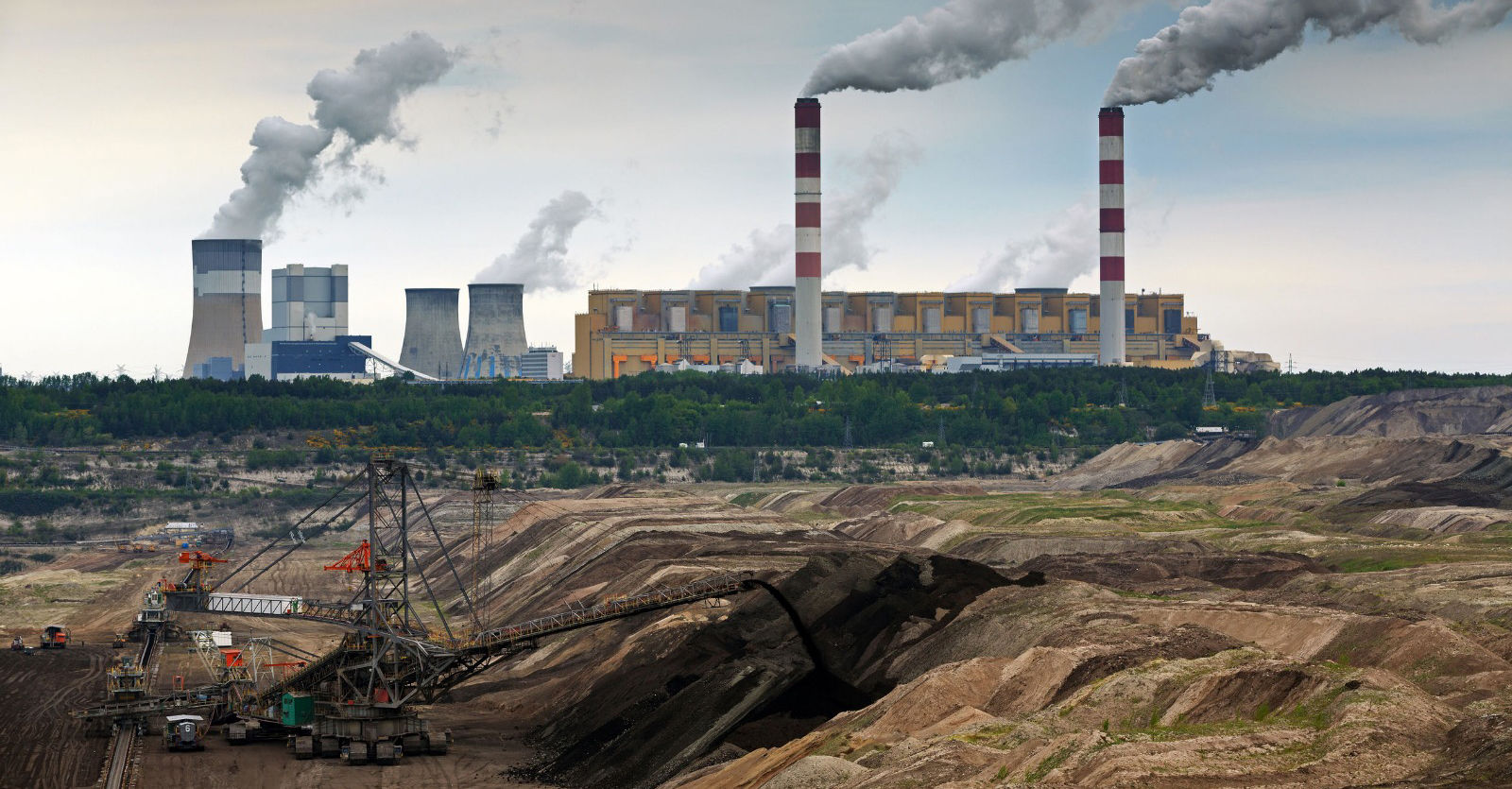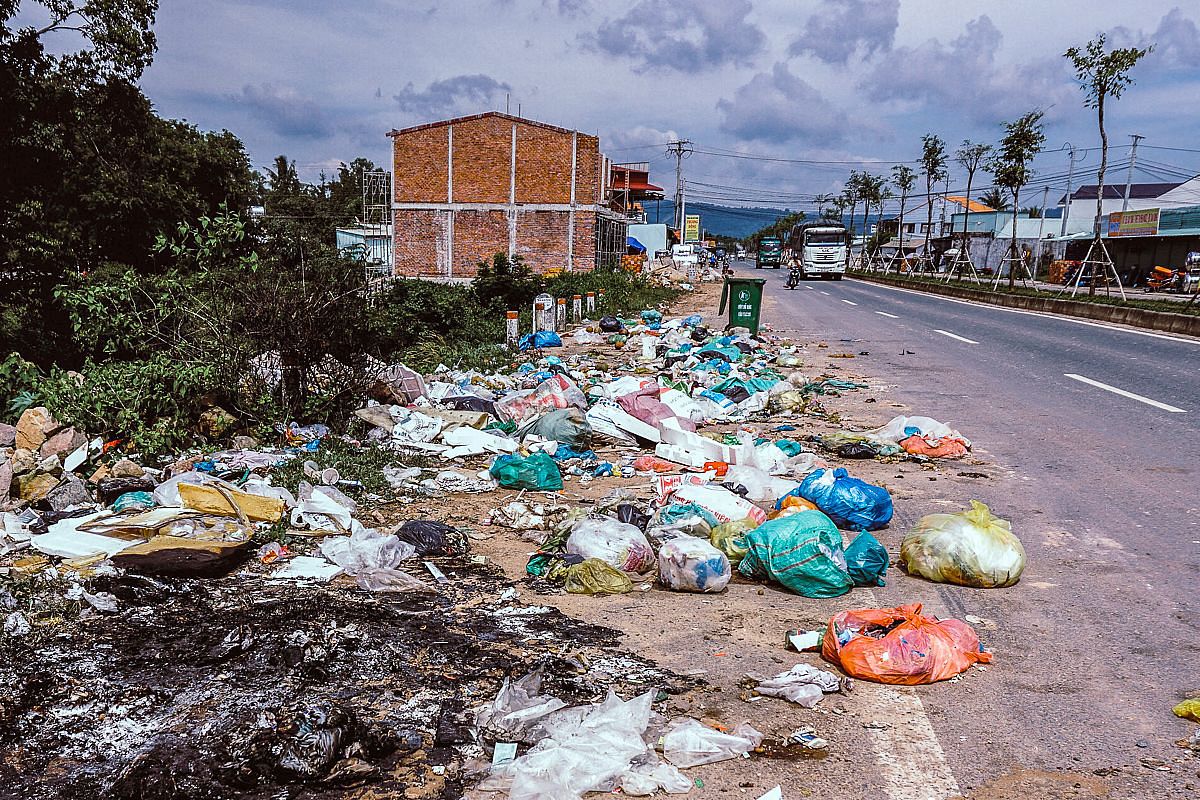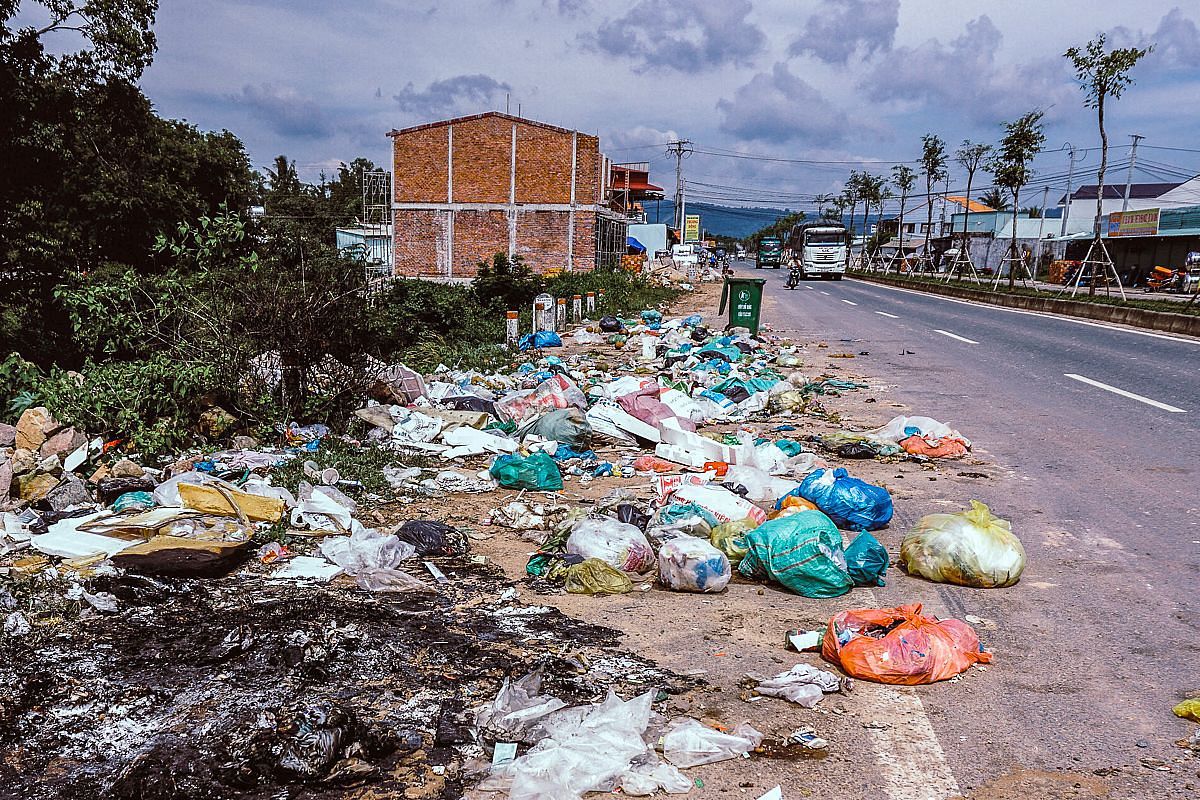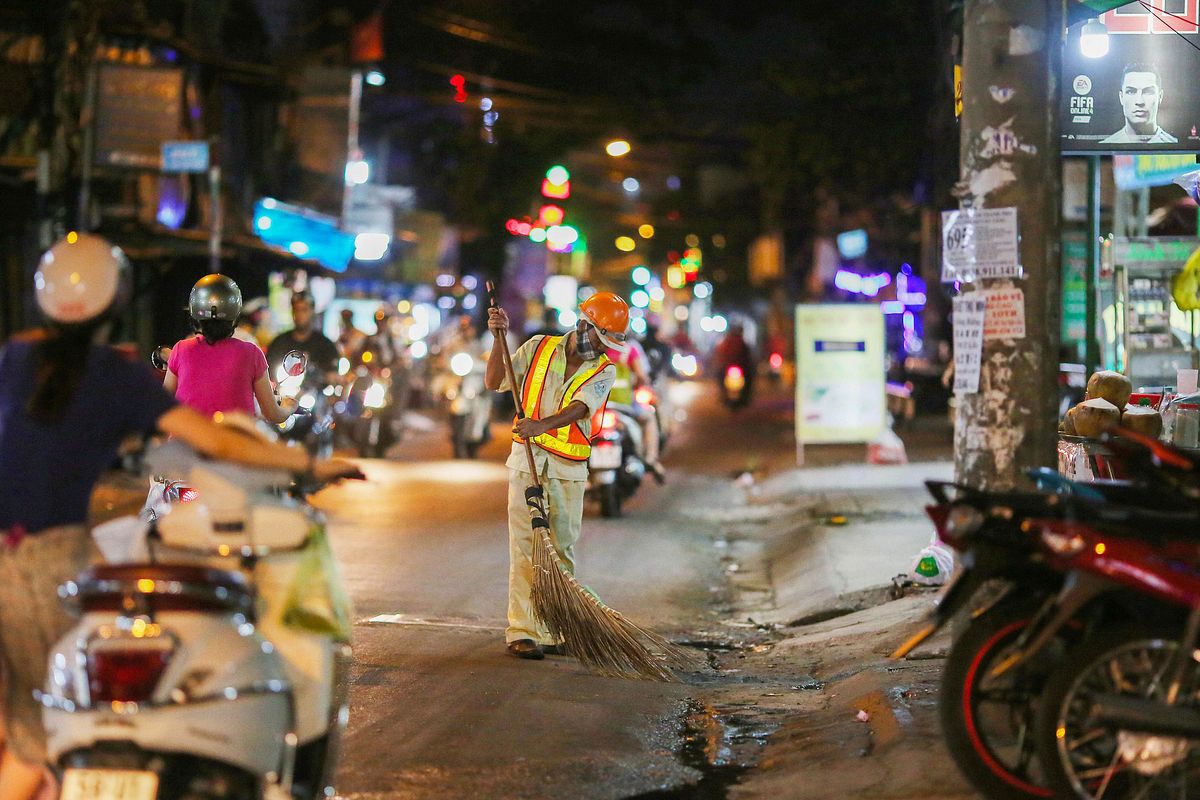It's a brave new world.
According to Mothership, a group of scientists at Nanyang Technological University (NTU) in Singapore have pioneered a new method of breaking down plastic waste.
Led by Assistant Professor Soo Han Sen, a team figured out over the last two years how to use a catalyst to dissolve plastics in a solvent over a period of just six days. This is far less time than it usually takes for plastic to break down. And what makes this breakthrough even more impressive is the fact that the broken-down plastic can be used for fuel.
In a press release, NTU explains: "In lab experiments, the research team mixed plastics with their catalyst in a solvent, which allows the solution to harness light energy and convert the dissolved plastics into formic acid - a chemical used in fuel cells to provide electricity."
The catalyst was made out of vanadium, a cheap metal commonly used in steel alloys for vehicles and aluminum alloys for aircraft.
The press release went on: "When the vanadium-based catalyst was dissolved in a solution containing a non-biodegradable consumer plastic like polyethylene and exposed to artificial sunlight, it broke down the carbon-carbon bond within the plastic in six days."
The resulting formic acid could, in theory, be used by power plants or in hydrogen fuel cells for vehicles.
NTU quoted Professor Soo as saying, "We aimed to develop sustainable and cost-effective methods to harness sunlight to manufacture fuels and other chemical products. This new chemical treatment is the first reported process that can completely break down a non-biodegradable plastic such as polyethylene using visible light and a catalyst that does not contain heavy metals."
Currently, the bulk of Singapore's plastic waste is incinerated, a process that produces harmful greenhouse gases, while the resulting ash is taken to the Semakau landfill, which is expected to run out of space by 2035.
Soo and his team are now refining the process to determine whether plastics can be broken down into other useful fuels, such as hydrogen gas.
While such research is still in the experiment phase, it is an exciting development for a world plagued by plastic waste. Vietnam, for example, is struggling to find ways to efficiently recycle the massive amounts of plastic waste produced every day.














